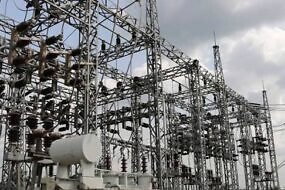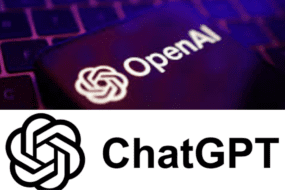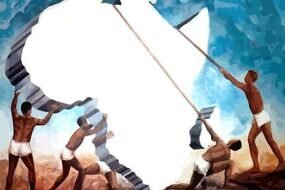Nigeria recently held an inclusive Tech career fair on using technology to create job opportunities for persons with disabilities (PWDs). The event, held in Lagos, aimed to tackle the long-standing exclusion of PWDs from Nigeria’s job market.
BlakSkill, a Lagos-based talent recruitment firm, organized the fair with Sightsavers, a global NGO that supports disability rights. The event showcased a group of Cisco-trained PWDs ready to take on jobs in the tech industry. Cisco, a global cybersecurity company with operations in Nigeria, helped train the candidates.
BlakSkill’s CEO, Michael Alasa, said Nigeria loses at least ₦10 trillion annually by not including PWDs in the workforce. He explained that only about 3% of people with disabilities in Nigeria have formal jobs.
“That’s a huge waste of talent we can’t afford,” Alasa said during his speech at the fair.
A Call for Government Action
Alasa urged the Nigerian government to enforce the Disability Prohibition Act of 2018, which protects the rights of PWDs and promotes equal access to opportunities. The law was signed by former President Muhammadu Buhari in 2019. Alasa also called for tax incentives, grants, and tech training programs to help businesses become more inclusive.
He stressed the importance of giving people with disabilities access to digital skills and modern infrastructure, especially as technology continues to grow rapidly. According to PwC, the global AI boom could add $15 trillion to the world economy by 2030. Alasa warned that Nigeria can’t afford to leave PWDs out of this opportunity.
Why Tech Inclusion Matters
Although Nigeria now has over 120 million internet users and digital payments worth $713 billion in 2024, many of the country’s estimated 25 million PWDs still remain on the sidelines of the digital economy.
Gambo Yohanna, Economic Empowerment Officer at Sightsavers, spoke about a nine-month Cisco networking course held in partnership with the Digital Bridge Institute. The course trained visually impaired students in networking skills like using routers and managing network labs.
“Technology makes inclusion possible. Employers need to adjust,” Yohanna said.
One of the students, Ibiam Okporie, shared how he learned to code despite being blind. His story inspired many people at the event and showed what PWDs can achieve with the proper support.
Private Companies Also Join the Effort
CWG Plc, a tech firm in Nigeria, said it already has 2% of its workforce made up of PWDs. Oparaku Uchechi, a senior manager at the company, praised the career fair and said people with disabilities bring unique skills to tech roles, especially in cybersecurity and fintech.
SALT House, another non-profit group focused on social justice, also participated in the event. Its Executive Director, David Owumi, said the organization already benefits from hiring PWDs and plans to employ even more.
“Tech training is the spark we need. This conversation is long overdue,” Owumi said.
Conclusion
The Lagos tech career fair proved that technology can unlock jobs for persons with disabilities in Nigeria. With strong partnerships, government support, and ongoing training, PWDs can contribute meaningfully to the country’s growing digital economy. As Nigeria pushes forward, inclusion isn’t just the right thing to do—it’s a smart economic move.







3 replies on “Nigeria Tech Career Fair Empowers Persons with Disabilities”
[…] Nigeria Tech Career Fair Empowers Persons with Disabilities […]
[…] Nigerian Airspace Management Agency (NAMA) has taken a major step to improve Nigeria’s airspace travel safety by planning to buy new high-tech communication equipment. A NAMA team, led […]
[…] and digital landing/exit cards on May 1, 2025, to improve national security and make travel to Nigeria […]